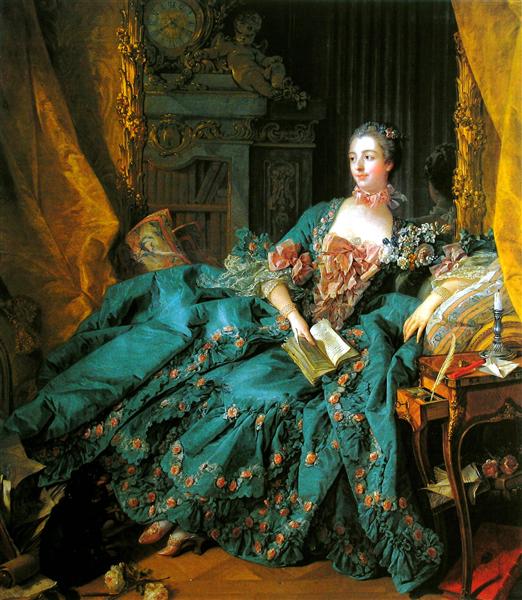I watched The Creator this weekend as I am a big sci-fi/ fantasy fan and although I didn't read the reviews I saw that the headlines were mostly positive. I am not sure what to think about the timing of the movie - it argues for a sympathetic understanding of AI at a time when Hollywood writers are striking against AI generated content and there is a cold-war like stance regarding AI between the US and China.
I would have been happy with this movie if it was made 20+ years ago but not now. This is a very superficial, lazy handling of ideas that could have become transformational if nuance was added in. In the midst of great visuals and lots of charisma from John David, and some wonderful acting by San Diegan Madeline Yuna Voyles, we forget the razor thin plot and ideas. But as soon as the movie ended I woke up from the trance and felt disappointed. It dawned on me that
The Creator = Apocalypse Now + Leon:The Professional + (Inverse)Terminator + (5%) of Ann Leckie's Imperial Radch novels + Rogue One
LA has been subjected to a nuclear attack by AI in 2065 and so the US is on a mission to wipe out AI which has not just found refuge but is also thriving alongside the population of "New Asia" - an amalgam of so many Asian cultures/ countries. "The Creator" has come up with a new machine called Alfie a simulant child who is programmed to not hate humans and bring machines under her mind control, which the US is out to destroy. John David is on this mission and will he or won't he is the question (but you see I threw in Leon in my equation so you know how it goes). So far so predictable. I expected to hear Radiohead's "Paranoid Android" but we got "Everything in its right place" instead. That was perhaps the only surprise.
Here are the misses.
- New Asia!!!! - How naive do we have to be to think that all of Asia seems to be a melting pot of languages and cultures all united with the common goal of defending AI from the US. Just throwing in a mix of Hindu, Buddhist religious symbols, motifs and music does not make it OK. Forget about erasing identities etc, that's not my main point. With so many cultures coming together it would have been nice to explore differences in how AI are integrated instead of this one big mish-mash. Please don't compare this to Dune (the book) and what it does to the Middle Eastern cultures - note: that Dune was written in the '60s and existed before Star Wars or any of the other sci-fi franchises and Dune was so inventive and full of ideas that set the stage for lots of scifi for the next 6 or 7 decades.
- All AI treated the same. This is a corollary to all Asians are treated the same. 2065 has a spectrum of people and machines. John David himself has a bionic arm and prosthetics and on the other end are simulants. Then there are ugly, industrial looking C3PO like machines which unlike C3PO don't have a unique personality - what we would consider as traditional robots. Humans don't seem to be making any distinction between these robots and simulants in terms of how they love/hate them. Missed opportunity here - there could have been an interesting take on why we are OK with some types of AI vs others. What modifications do we find un/acceptable, at what point do we consider AI sentient. There is no room for any of those ideas. New Asians are equal opportunity lovers while Americans are equal opportunity haters of AI
- In-your-face Moralizing - we get it that the movie wants to give us a sympathetic understanding of AI. That doesn't mean we have to see Americans as in-your-face horrible people to make the AI look less menacing. The movie wants us to walk away feeling don't blame the tech, blame the humans as we are always bad (the nuclear war was a human error as Ken Watanabe says). How can we believe that the AI want to be accepted as sentient, want to protect their species, while at the same time believe that it was humans who made all the mistakes.
These are just a few of the glaring issues that stood out for me. If sympathetic AI stories are going to come into vogue, then please Hollywood someone give the greenlight to a TV show based on Ann Leckie's Imperial Radch books! Also can we get John David Washington a movie that he deserves instead of a hodge podge that The Creator is.
I guess in a roundabout way the movie is a success as we actually discussed it at our home (despite the spouse not being a scifi fan) and it did make me take the time to write about it. Now that Dune 2 is delayed Creator is a good stopgap for those who don't like Marvel movies but like scifi/action movies.If this is not your cup of tea, just wait a few more weeks for Killers of the Flower Moon.





































